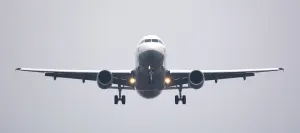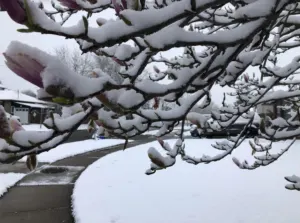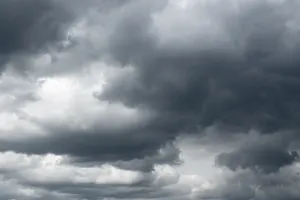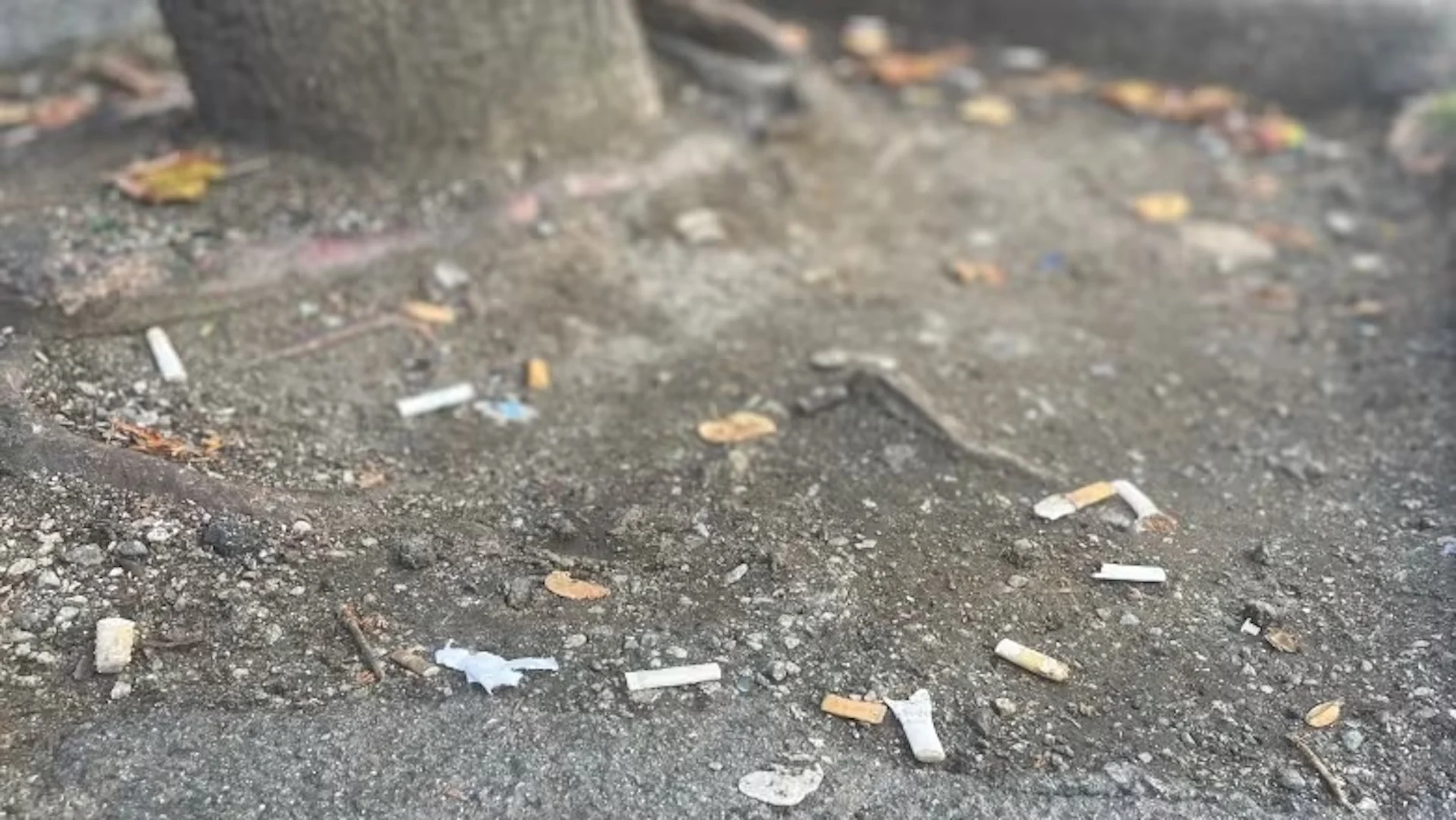
Cigarette butts still Vancouver's most littered item, seemingly unsolvable issue
In cities around the world, you don't have to go far before you see the ubiquitous small white or brown tubes on the sidewalks, the remains of cigarettes that continue to be discarded without a second thought.
As well as being unsightly, cigarette butts are a toxic scourge due to their composition, and, in coastal cities like Vancouver, easily end up polluting the ocean, where they become a serious threat to biodiversity loss and ecosystem health.
SEE ALSO:How this Canadian is cleaning the country's roads, one bottle at a time
Yet cigarette butts are still the No. 1 most littered item in Vancouver, where several education and mitigation programs over the years — including the threat of up to $10,000 in fines — have done little to make it socially unacceptable to discard them in the street.
"It's accepted, still, to just throw cigarette butts on the ground rather than trying to do the right thing and dump it in a proper area," said Patrick Chauo, a solid waste engineer with the City of Vancouver.
"Littering is a big problem for us."

(Getty Images)
Cigarette butts are made from synthetic microfibres, which take decades to decompose and can leach toxic chemicals such as arsenic and lead, according to scientists, officials and anti-pollution advocates.
The fibres are meant to absorb some of the chemicals in the tobacco, but when they break down in the environment, animals can ingest the fibres and the chemicals embedded in them, according to organizations including Vancouver-based conservation group Ocean Wise.
Using tobacco use research from the University of Waterloo, the City of Vancouver estimates more than 400,000 cigarette butts end up as litter in the city every day from residents alone — so, not including those discarded by visitors as well.
Several smokers CBC News contacted to talk about how they disposed of their cigarette butts either didn't want to discuss the issue or confirmed off the record that they simply tossed them on the ground where they smoked.
Others explained how they use portable "pocket" ashtrays or other ways to properly dispose of the waste — and also how they were uncomfortable calling out other smokers for littering.
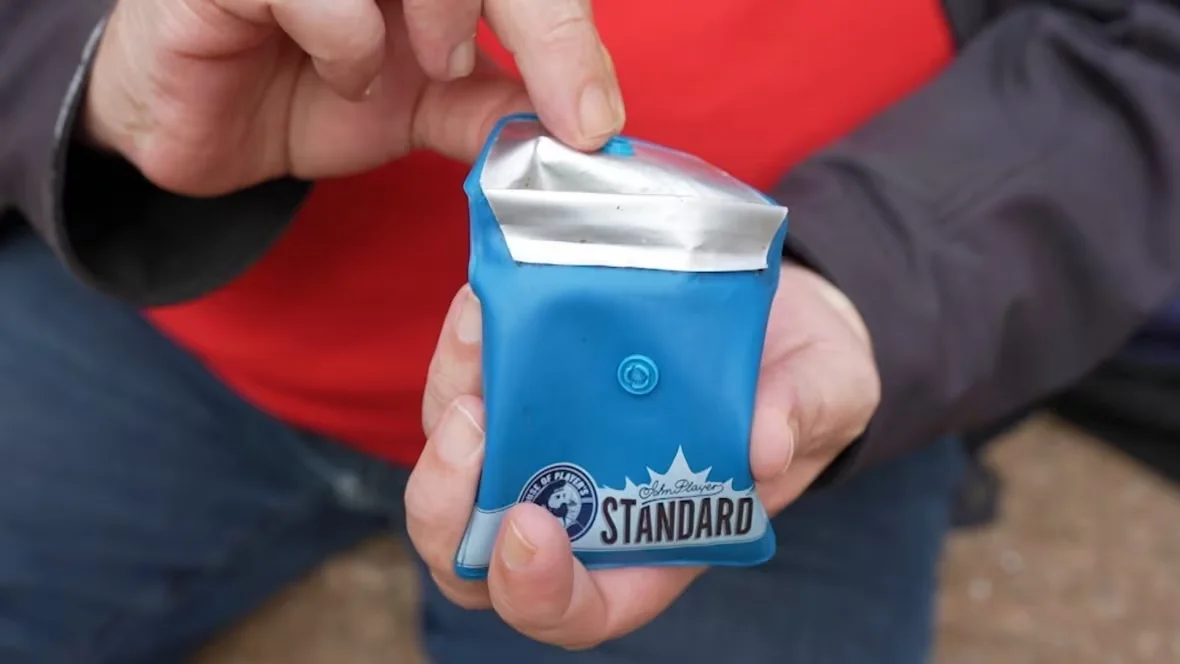
A portable 'pocket' ashtray smokers can use to collect and then dispose of butts. (Maggie MacPherson/CBC)
Peer pressure
The City of Vancouver is hoping peer pressure, or so-called social nudges, from those doing the right thing will provide the change necessary to finally solve cigarette butt waste.
"Education and outreach can only reach so many people," said Chauo. "I think it's more about if you have a friend or family [member] that smokes, it's more about talking to them about it, encouraging them to use a pocket ashtray, do not litter."
Currently the city has a program that distributes on-the-go cigarette butt containers, called pocket ashtrays, for free from most community centres and community policing stations.
In the past, it tried to increase the number of cigarette waste receptacles in the city, by attaching small metal boxes to light standards and at other locations in high-traffic areas, but the receptacles are often vandalized and damaged, said Chauo.
Small chance of fine
Vancouver prohibits tobacco and cannabis smoking in parks and beaches and in many public spaces, such as in transit shelters.
Discarding cigarette butts on the ground is littering and subject to a fine of between $250 and $10,000 under a street and traffic bylaw.
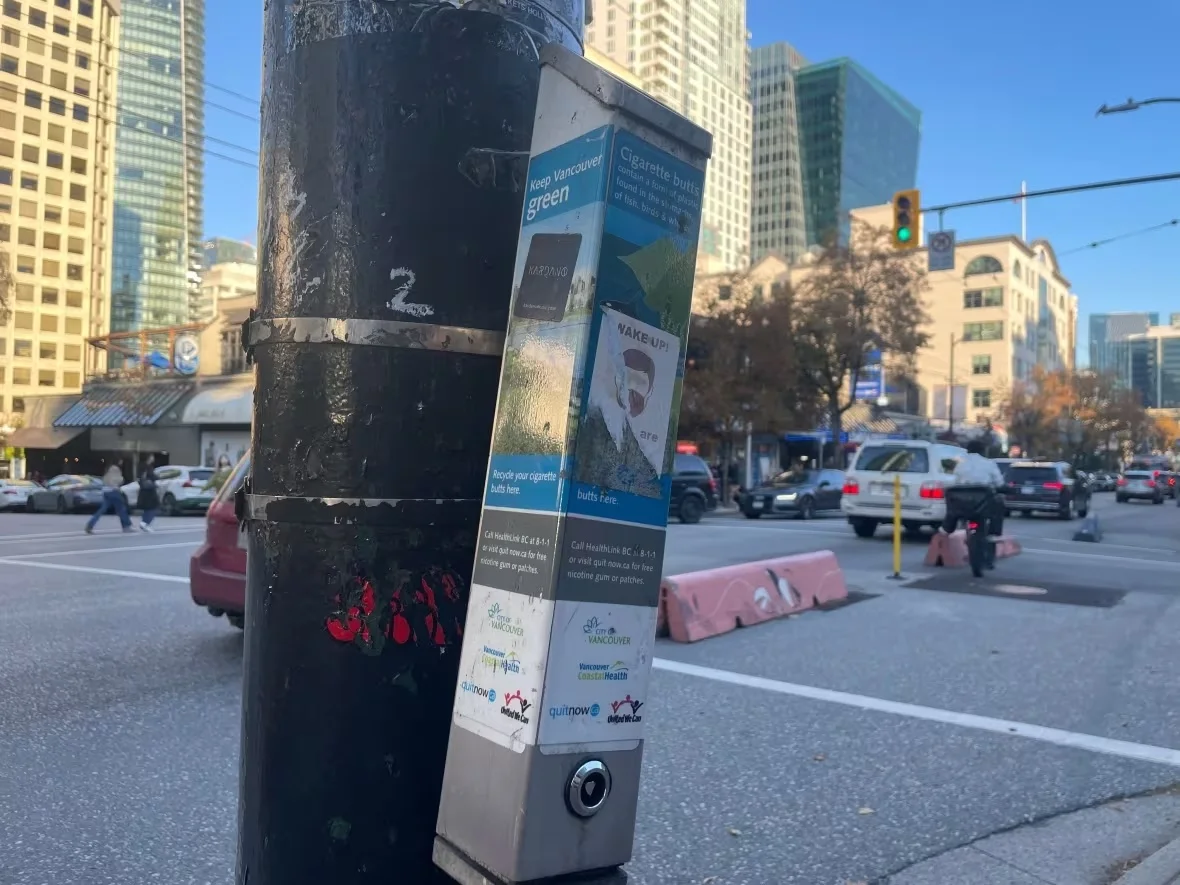
The City of Vancouver says cigarette butt receptacles like this one at Robson and Bute streets are often vandalized. (Chad Pawson/CBC)
But this punitive approach is rarely enforced in Vancouver as Chauo says it's difficult to catch a person in the act and have a witness to support a fine being issued.
The bylaw also encompasses all littering in the city, meaning officials don't have records for how many fines have been issued in the past for someone flicking a cigarette butt.
But even the number of fines for littering in general have been very small over the past four years, with only seven so far in 2023.
Experts who study human behaviour and how people change habits agree that punitive approaches to instituting change do not work for issues such as littering.
Jiaying Zhao, an associate professor in the psychology department at UBC and Canada Research Chair for the Institute for Resources, Environment and Sustainability, studies the success of behavioural interventions, such as social nudges, to have people recycle more or choose less wasteful habits.
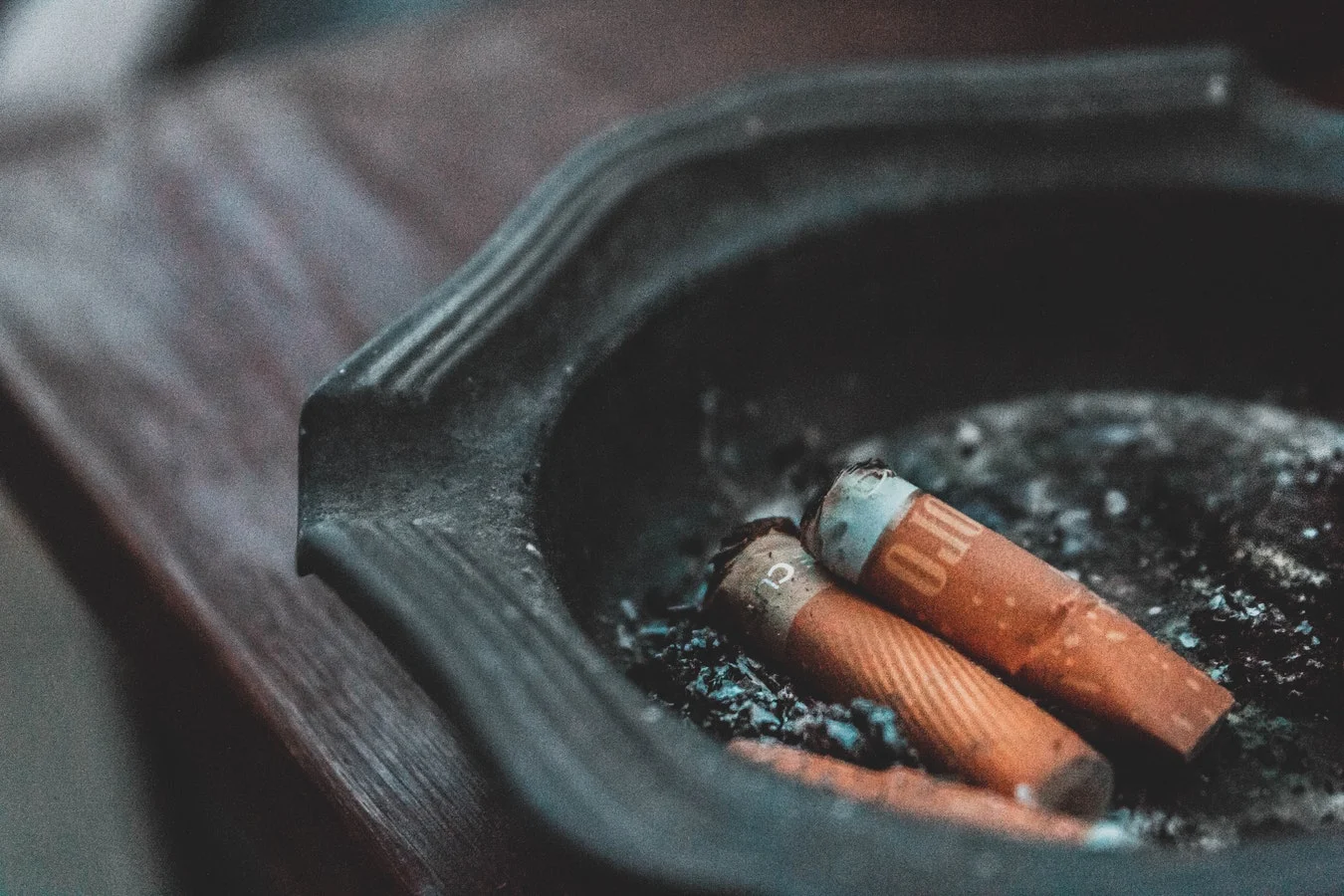
(Videoblocks)
"My take on peer pressure is that it won't work because no one wants to instigate conflicts among friends and family," she said in an email. "Shaming or policing never works."
She advises cities like Vancouver to replicate so-called social-proofing messaging on signs, like those from initiatives in her studies such as "most smokers properly dispose of cigarette butts," to try to nudge people to copy others doing the right thing.
Quitters helping
Ultimately, the biggest ally in reducing cigarette waste may simply be people who quit smoking.
According to the University of Waterloo data on tobacco use, smoking prevalence in B.C. in 1999 was 20 per cent but had dropped to under eight per cent by 2020.
This means thousands of people cut their risk of heart disease and cancer associated with smoking — and it also effectively cut cigarette waste by more than half.
The federal government says it is trying to reduce the number of people in Canada who smoke cigarettes and tobacco products to less than five per cent of the population by 2035.
However, officials are concerned other tobacco products, such as vapes and their cartridges, are becoming a new, prevalent source of preventable litter.
"We're seeing a lot more ... vaping on the streets now, so we'll have to wait and see what that looks like further down the road — but I think this is something that we will be monitoring closely," said Chauo.
WATCH: Essential Arctic algae found littered with microplastics
Thumbnail courtesy of Chad Pawson/CBC.
The story was written by Chad Pawson and published for CBC News.







